All In a Word
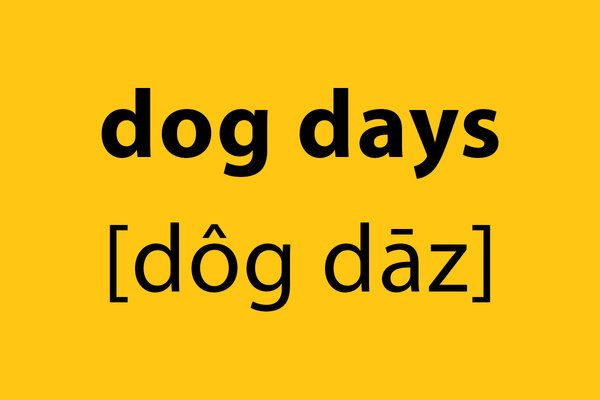 Stars and canines collide in ‘dog days’We’re in the dog days of summer, at least where I live – over 90 degrees and humid. According to ancient Greeks, it's thanks to Sirius, the Dog Star.
Stars and canines collide in ‘dog days’We’re in the dog days of summer, at least where I live – over 90 degrees and humid. According to ancient Greeks, it's thanks to Sirius, the Dog Star.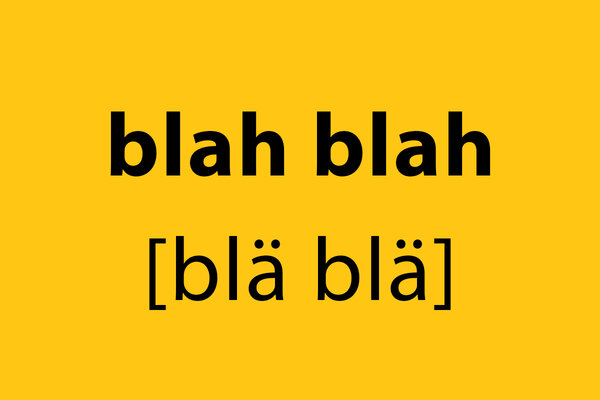 Super-duper reduplicative wordsThe first words we speak are reduplicative. Around the world, babies refer to their parents by simple, repeating syllables: mama, tata, and so on.
Super-duper reduplicative wordsThe first words we speak are reduplicative. Around the world, babies refer to their parents by simple, repeating syllables: mama, tata, and so on.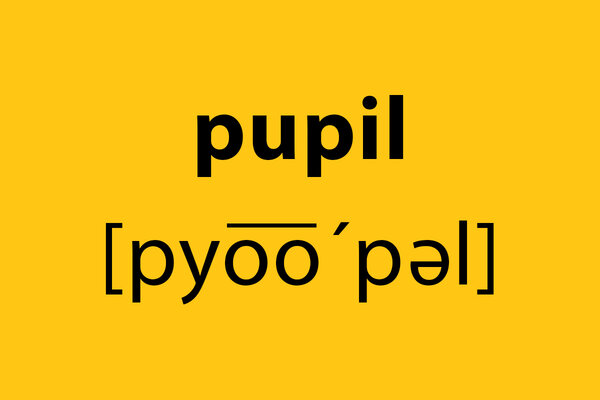 The psalm says ‘apple,’ but it was ‘pupil’ of the eyeA fruit-related idiom was produced when the Psalms were first translated into Old English in the 10th century.
The psalm says ‘apple,’ but it was ‘pupil’ of the eyeA fruit-related idiom was produced when the Psalms were first translated into Old English in the 10th century.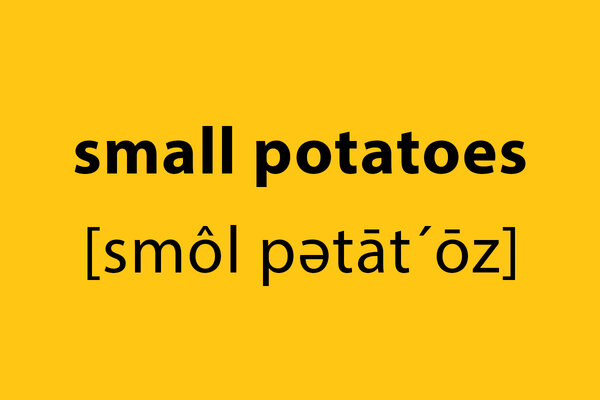 The odd origins of some familiar idiomsWhen the idiom “small potatoes” first appeared in 1836, its meaning was clear. Today, some children haven’t even heard it before.
The odd origins of some familiar idiomsWhen the idiom “small potatoes” first appeared in 1836, its meaning was clear. Today, some children haven’t even heard it before.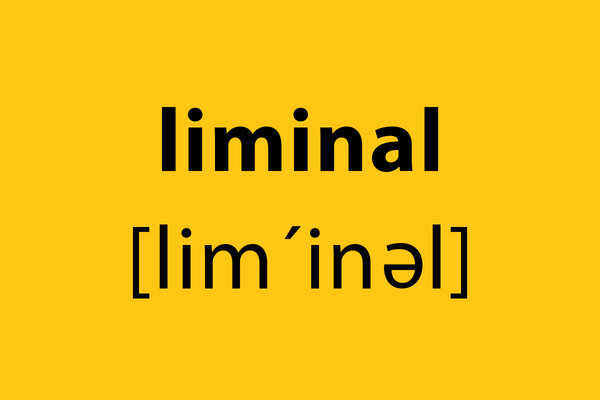 We’re in a ‘liminal’ moment, rather than ‘in limbo’The news right now is full of words like limbo. Perhaps it would be more optimistic to look at this summer as “liminal,” not “in limbo.”
We’re in a ‘liminal’ moment, rather than ‘in limbo’The news right now is full of words like limbo. Perhaps it would be more optimistic to look at this summer as “liminal,” not “in limbo.”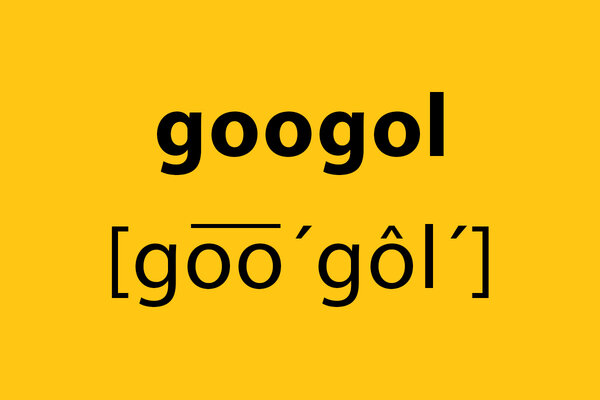 There are a zillion different names for big numbersAs astrophysicist Neil deGrasse Tyson points out, large numbers like googols “don’t count things, but instead count the ways things can happen.”
There are a zillion different names for big numbersAs astrophysicist Neil deGrasse Tyson points out, large numbers like googols “don’t count things, but instead count the ways things can happen.”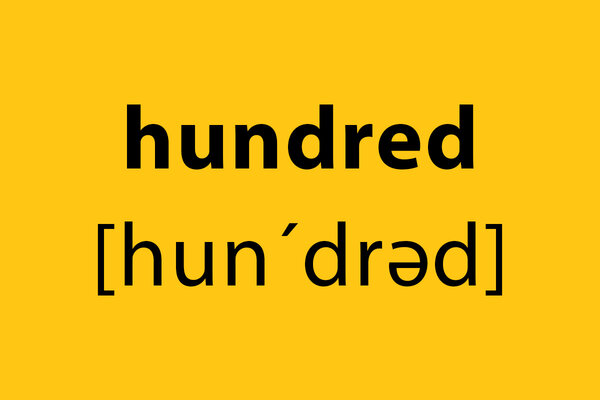 Some numbers are less certain than they appearWe think English words for numbers are precise. But language is slippery, and a hundred is not always 100, nor is a billion always 1,000,000,000.
Some numbers are less certain than they appearWe think English words for numbers are precise. But language is slippery, and a hundred is not always 100, nor is a billion always 1,000,000,000.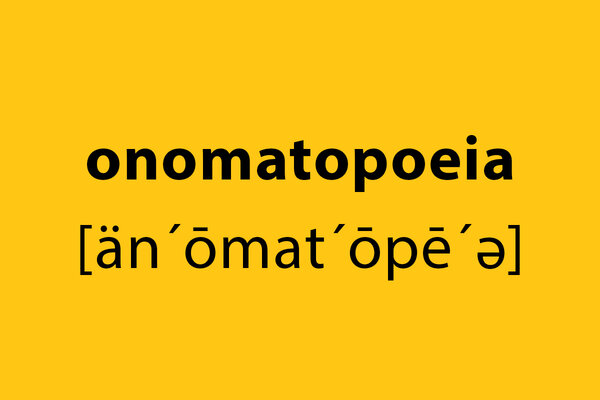 Animal noises sound different in other languagesAnimals vocalize more or less the same way, whether they're in France or America – so why do they “speak” so differently in human languages?
Animal noises sound different in other languagesAnimals vocalize more or less the same way, whether they're in France or America – so why do they “speak” so differently in human languages?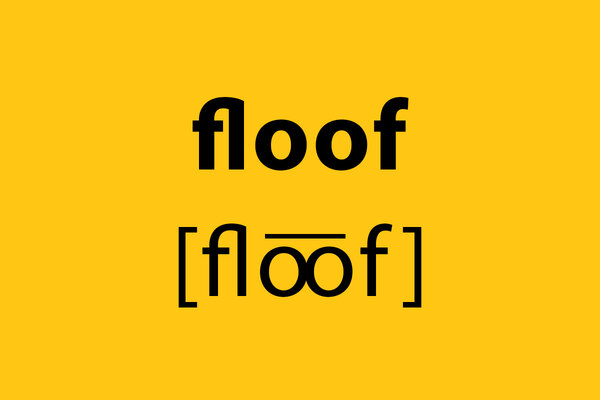 Cute canines on the web inspire DoggoLingoThis “language” is characterized by simple phrases and inventive spellings (smol for “small,” bork for “bark”). For example: “Pupperino did a blep!”
Cute canines on the web inspire DoggoLingoThis “language” is characterized by simple phrases and inventive spellings (smol for “small,” bork for “bark”). For example: “Pupperino did a blep!”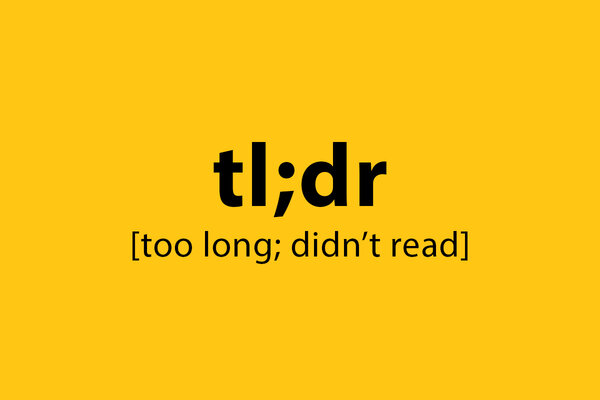 Venturing into the land of social media acronyms“Tl;dr” is the only internet abbreviation I know of that boasts a perfectly used semicolon. Where did the acronym originate?
Venturing into the land of social media acronyms“Tl;dr” is the only internet abbreviation I know of that boasts a perfectly used semicolon. Where did the acronym originate?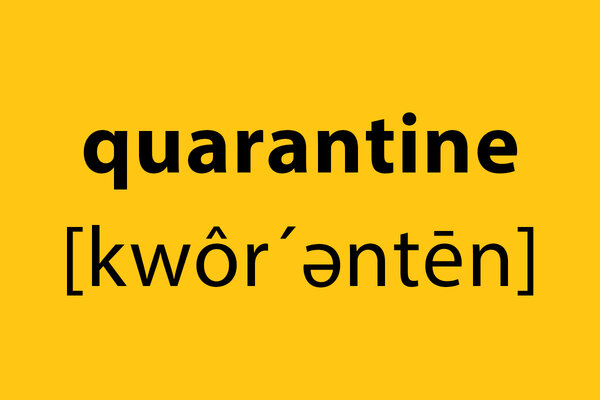 Self-isolation has its roots in ancient timesPeople have been using various kinds of isolation to protect themselves and others, and to inspire moral and spiritual growth, for centuries.
Self-isolation has its roots in ancient timesPeople have been using various kinds of isolation to protect themselves and others, and to inspire moral and spiritual growth, for centuries.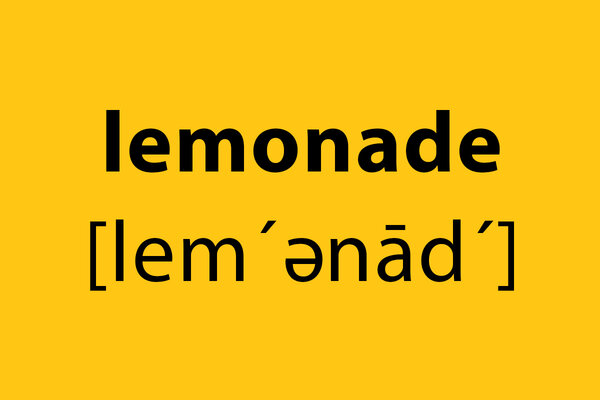 Sayings that uncover the silver liningsIn English we say “April showers bring May flowers” or “If life gives you lemons, make lemonade.” How are these ideas expressed in other languages?
Sayings that uncover the silver liningsIn English we say “April showers bring May flowers” or “If life gives you lemons, make lemonade.” How are these ideas expressed in other languages?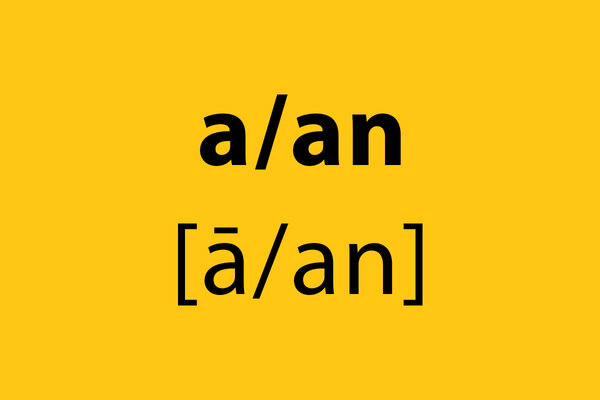 A(n) historical take on the evolving use of a/anEnglish speakers disagree – sometimes vehemently – about how to use “historic” and “historical” with the indefinite articles a/an.
A(n) historical take on the evolving use of a/anEnglish speakers disagree – sometimes vehemently – about how to use “historic” and “historical” with the indefinite articles a/an.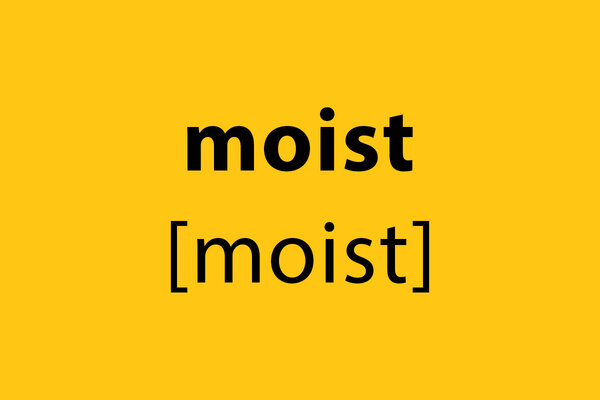 Ugly-sounding words can describe beautiful thingsThe meanings and negative associations of moist make it ugly, just as positive associations can make other words seem lovely.
Ugly-sounding words can describe beautiful thingsThe meanings and negative associations of moist make it ugly, just as positive associations can make other words seem lovely.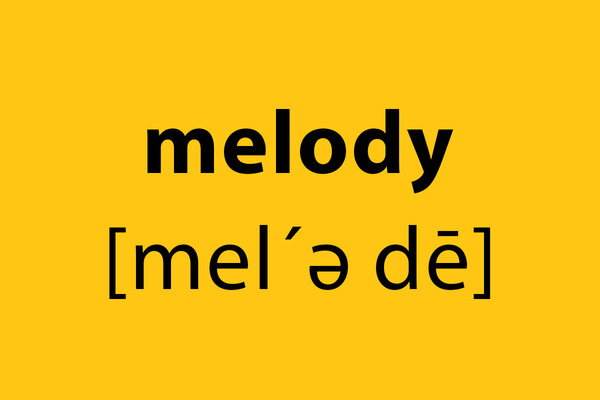 Beautiful-sounding words float like gossamerIt turns out that the words that English speakers find pleasing are more like papillon and less like Aschenputtel, according to phonaesthetics.
Beautiful-sounding words float like gossamerIt turns out that the words that English speakers find pleasing are more like papillon and less like Aschenputtel, according to phonaesthetics. Need a point person? Appoint a czar.How did czar, royal title of the rulers of Russia until 1917, become so prevalent in the United States?
Need a point person? Appoint a czar.How did czar, royal title of the rulers of Russia until 1917, become so prevalent in the United States?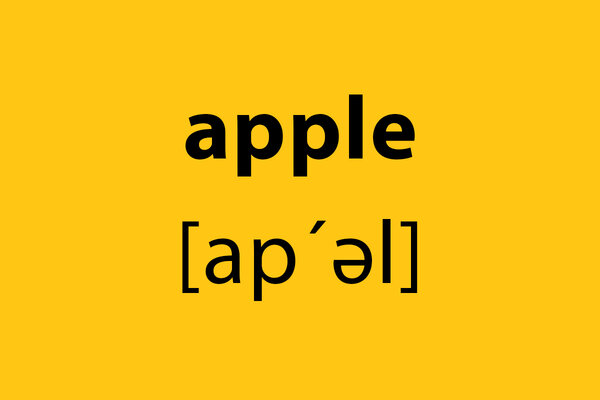 Which came first, the apple or the nickname?It turns out that apples and the Empire State are indeed closely connected, though interestingly, the “Big Apple” nickname came first.
Which came first, the apple or the nickname?It turns out that apples and the Empire State are indeed closely connected, though interestingly, the “Big Apple” nickname came first.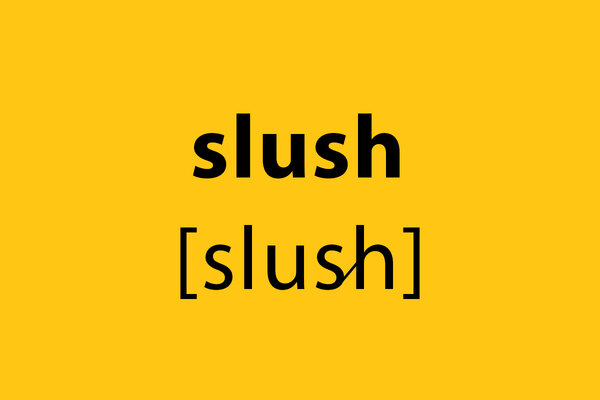 How ‘snow’ words started a linguistic kerfuffleDoes the language you speak determine what thoughts are possible and what things cannot be thought because your language lacks the words?
How ‘snow’ words started a linguistic kerfuffleDoes the language you speak determine what thoughts are possible and what things cannot be thought because your language lacks the words?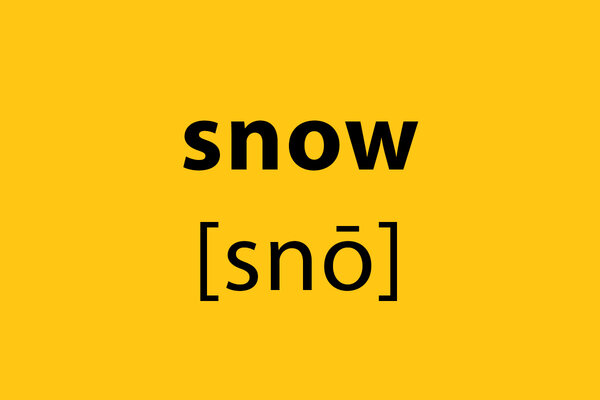 ‘Snow’ by any other name would feel as coldThe question of how many words for snow a language has depends on which one you’re talking about. Then there’s the issue of what counts as a word.
‘Snow’ by any other name would feel as coldThe question of how many words for snow a language has depends on which one you’re talking about. Then there’s the issue of what counts as a word.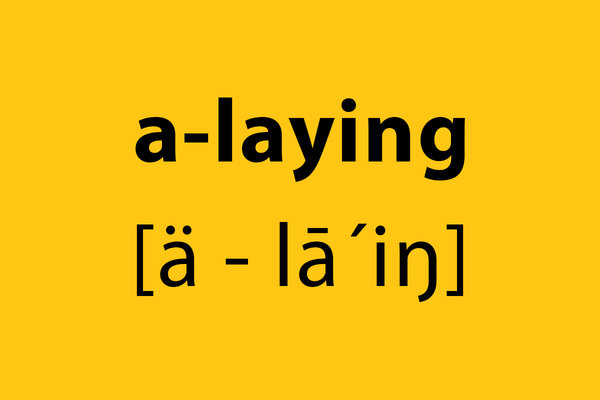 A-maying, a-hunting – what is that ‘a’ a-doing?Today, this construction can be celebrated as poetic, or stigmatized as incorrect and “uneducated,” depending on who is doing the a-ing.
A-maying, a-hunting – what is that ‘a’ a-doing?Today, this construction can be celebrated as poetic, or stigmatized as incorrect and “uneducated,” depending on who is doing the a-ing.



